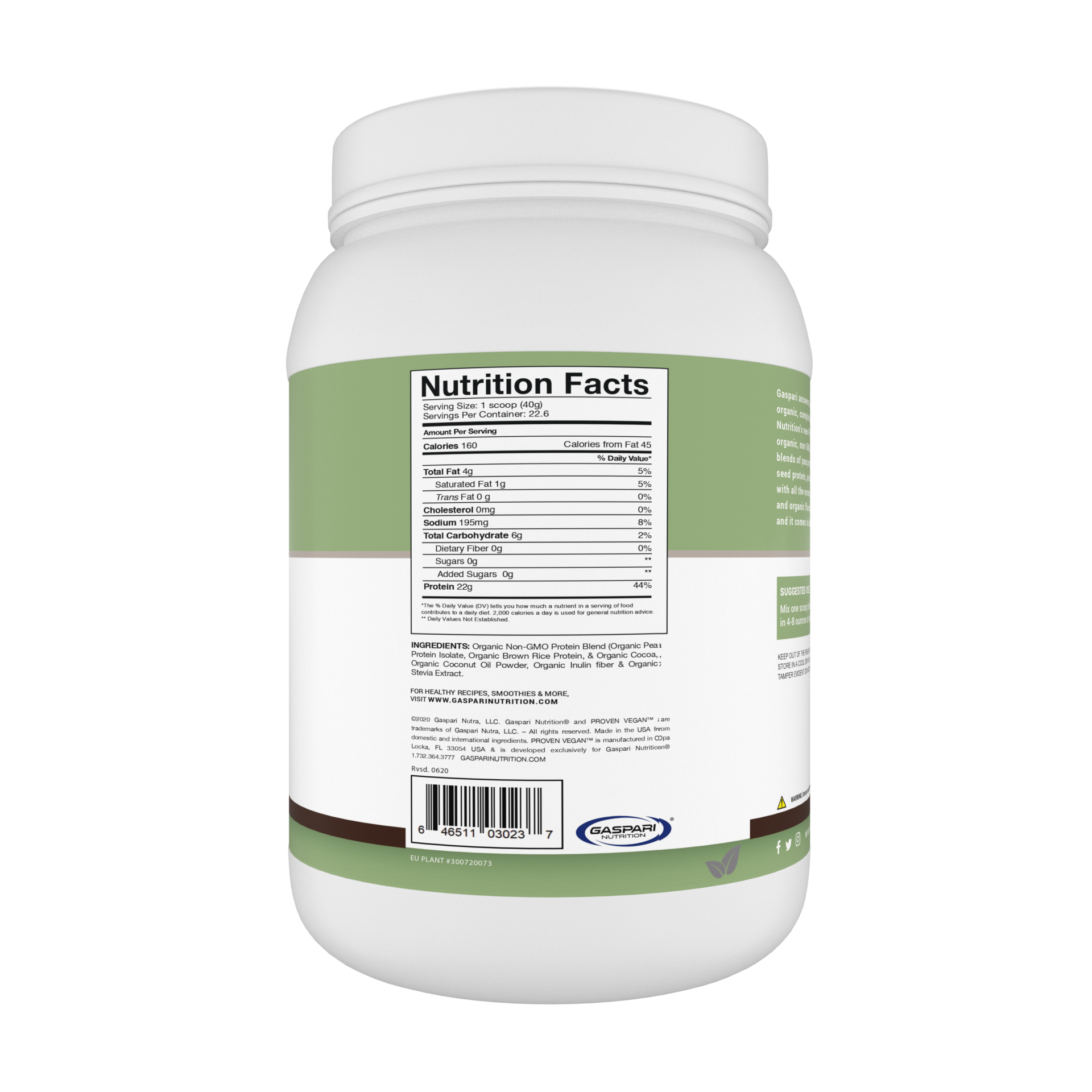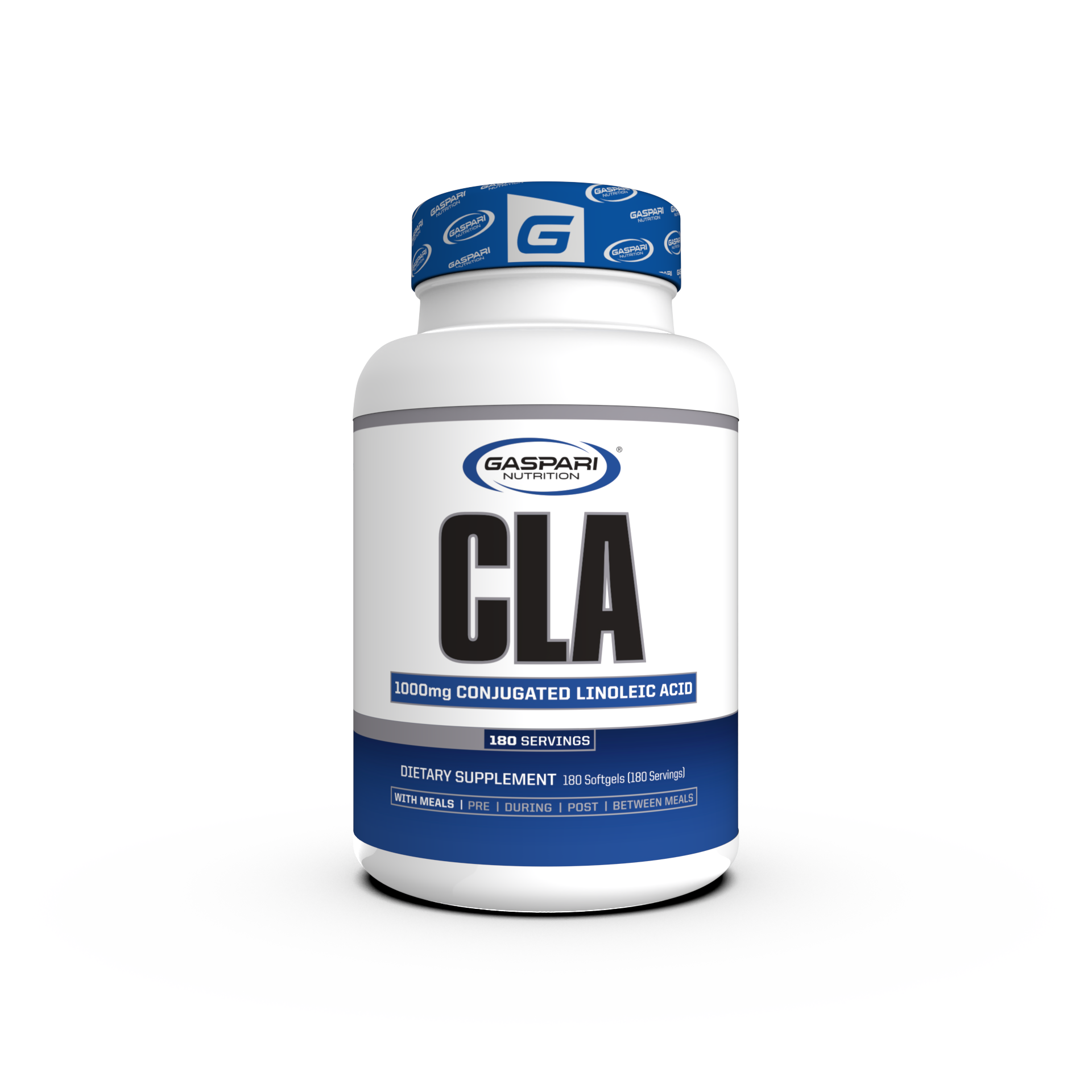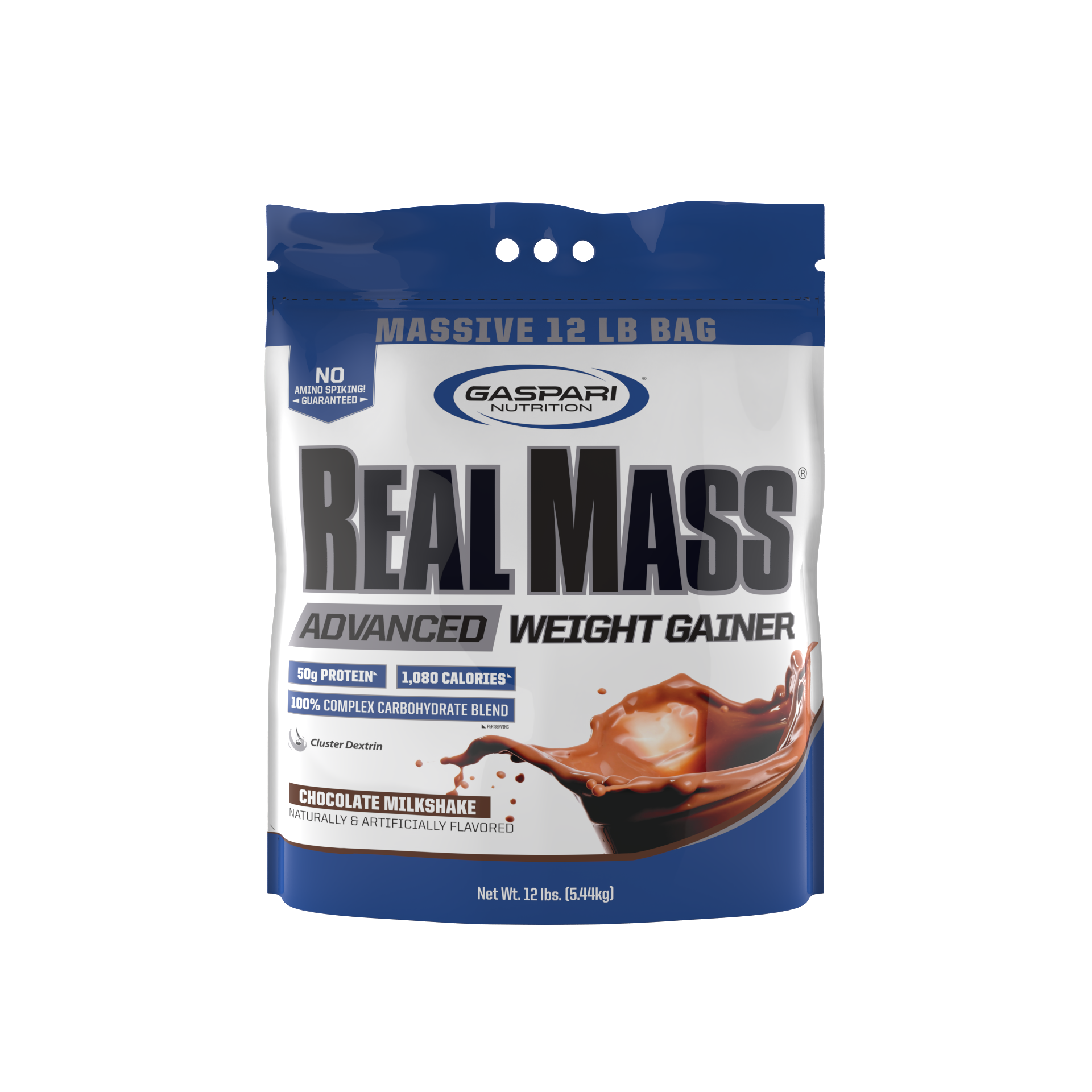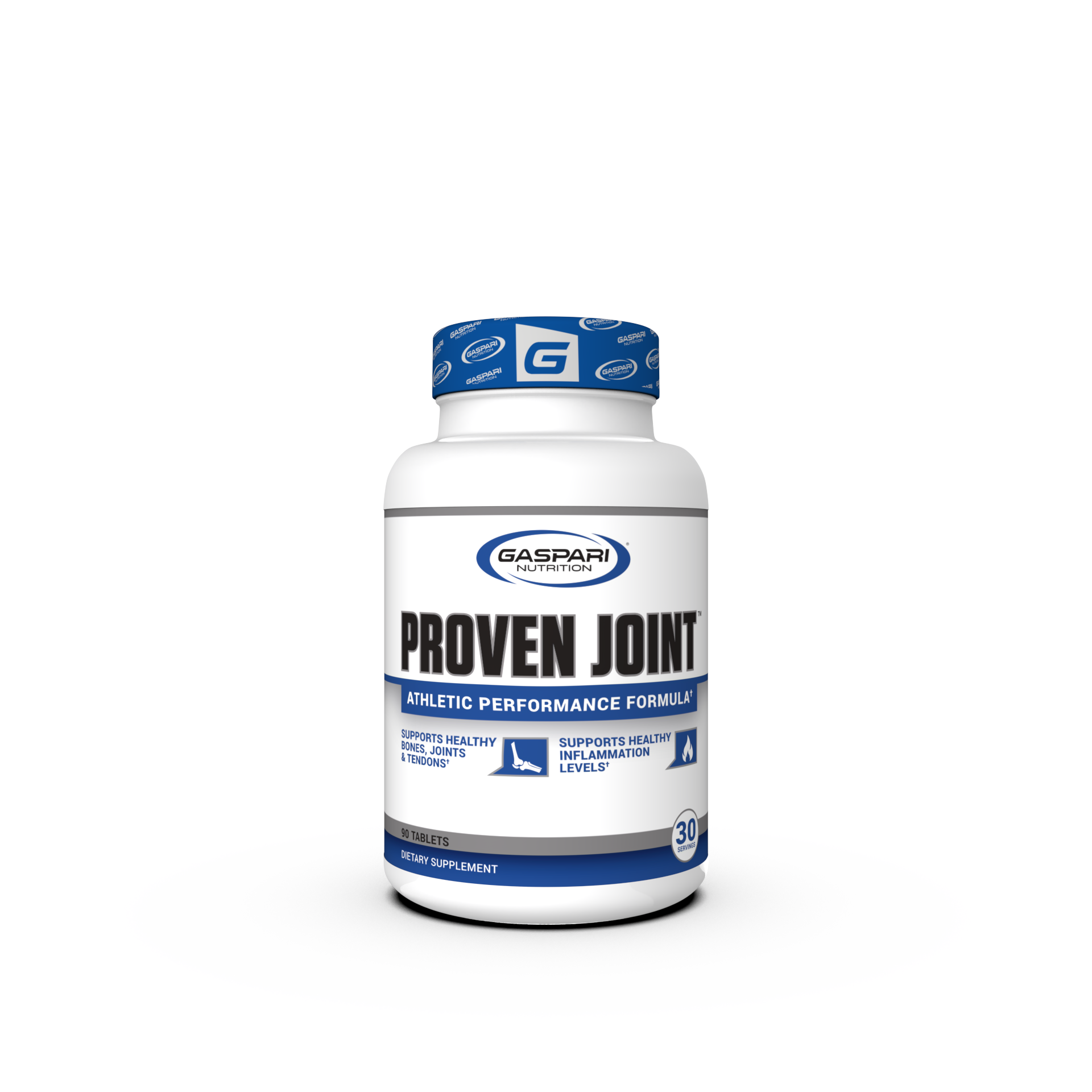Every dude in the gym is working for bigger, stronger lifts, so they usually get fixated on working their arms. But the instant some guy walks in with towering traps and a broader back than you, and you suddenly find yourself wondering if you’re doing the right thing. You might commend this individual for having naturally grown his traps, but you secretly envy that look.
Yeah, you’re not alone.
There are plenty of mixed reviews about training the shoulders and back while ignoring exercises that directly work the trapezius muscle. Tons of exercises exist to focus on the arms and back, but if you’re not focusing on the traps, you won’t get that physique you have been pining for. Aside from adding size to the back and shoulders, well-defined trapezii improve your strength and technique.
If you’re looking for the best way to build traps, then you have come to the right place.
Meet Your Trapezii
The trapezius (plural: trapezii or “traps”) is named for the trapezoidal or diamond shape of the muscle itself. You will find your traps at the base of the skull and running all the way down to the 12th vertebrae in the thoracic. It also has insertion points in the shoulder girdle, right at the end of the clavicle, called the acromion, and also attaches to the scapula. Imagining this, you might release the trapezius covers more area than the abdominals. You can also begin to understand why training this muscle is so important to an aesthetically pleasing and powerful physique.
Functions of the Trapezius Muscle
Let’s look at some reasons why you need strong traps:
- Keeps the head and neck in the correct position
- Brings the head backwards to tilt face towards the sky
- Helps with rotating and bending the neck side-to-side
- Moves the shoulders towards the spine
- Rotates shoulders so you can rotate your arms correctly
- Helps the shoulders move up and down
- Assists in breathing more deeply and fully
See how the traps are essential for proper weightlifting technique? Don’t underestimate your traps. You need them to be a better lifter.
Best Exercises For Building The Traps
Farmer’s Carry
How to do the exercise: Grab a dumbbell (or kettlebells) in each hand. The heavier, the better. Make sure your bodyweight is centered and even on both feet before you take a step forward. Engage the shoulders by squeezing the scapula in towards the spine and keep that position throughout the exercise. Right before you start to walk forward, extend the arms laterally, about 4 inches from your legs and maintain that distance. Then walk 10-12 steps forward, turn around, and return to your starting position.
Why you do it: Although the farmer’s carry looks simple, it’s highly effective for both shoulder and abdominal strength. A heavy carry is possibly the best and most functional back exercise you can do. By carrying weighted dumbbells on either side, you are loading your traps.
Sets and reps: Consider this your traps warm-up. Do the 10-12 step walk 3-4 times. This will give you about 30-48 steps and plenty of heat to loosen up the body for the rest of your workout.
Variations: You can do farmer’s walks with the weights overhead, while lunging, or even working with Scaption.
Rows, Pull-ups, Chin-ups, and Pull-downs
How to incorporate: Any exercises that focus on pulling up and down will target the traps, including lat pull-downs, bent over dumbbell or barbell rows, upright rows, rack pulls, and push presses. Pull-ups and chin-ups, either bodyweight or assisted, also work the back, but not everyone is ready for them. If you want to hit the traps, be sure to include the mentioned exercises above or variations of them to work the upper back muscles for various angles.
Why you do them: Bent over rows, lat pull-downs, upright rows, and rack pulls are all considered to be lat-dominant, but the trapezius is necessary to perform the movements too. By mixing up horizontal and vertical pulling, you can balance out any imbalances in the trapezius muscle and create a more sculpted shape.
Sets and reps: Aim for a variety of fast and slow twitch muscle recruitment by mixing up tempo and repetitions. Optimally, go for 3-4 sets, 6-10 reps each.
Barbell Shrug
How to do the exercise: Grab a barbell (dumbbells work too for the less experienced), either at the rack or without. Use an overhand grip that is slightly outside shoulder-width. Let the bar hang in front of the waist. While keeping your back slightly arched, pitch forward at the hip by 10 degrees. Bend the knees and shrug the shoulders towards the ears. Get as high as possible before pausing at the top, squeezing, and then inhale to release the arms down to start.
Why you do it: This is the king of traps exercises, because it targets the upper section of the muscle.
Sets and reps: 2-3 sets, 6-8 reps each.
Hex Bar Deadlift
How to do the exercise: Stand with your feet hip-distance apart. Bend from the hips, lowering your hands towards the bar’s handles. The lower back should be flat, and your shoulders are down and back. Inhale, engaging the abdominals. As you prepare to lift, stick your chest out and look slightly ahead of you. Drive the heels into the floor and lift the bar up. Stand straight up while squeezing the glutes, locking the hips into place. Lower back down. That’s one rep.
Why you do it: An all-in-one move that works the entire body is exactly what you need for crushing your trapezius. The hex bar deadlift is safer than a traditional deadlift, but it also allows you to lift heavier loads and work the traps even better.
Sets and reps: When starting out, try going 1-2 sets, 8-12 reps. Build up your strength. Later, switch to 2-3 sets, 3-6 reps. You can work both ranges eventually, since this will promote better hypertrophy.
Overhead Squat
How to do the exercise: Using a wide grip, hold the bar overhead. Squat so the thighs are almost parallel to the floor. Focus on pressing the barbell up so you can get deeper into the squat position. Drive through the heels and engage the quads to return to standing.
Why you do it: Overhead squat places a lot of emphasis on the upper body to hold the bar in place. Keeping the traps, lats, and shoulders under tension is ideal for hypertrophy.
Sets and reps: 2-3 sets, 3-6 reps each.
Single-Arm Dumbbell Upright Row
How to do the exercise: Hold a single dumbbell. The arm carrying the weight is slightly in front of you with the elbow slightly bent. Use the shoulder to lift the dumbbell, exhaling. Keep the weight close to the body. Lift up to shoulder level and pause at the top. Lower while inhaling to go back to start.
Why you do it: By engaging the shoulders and traps, you can target the muscles specifically and build endurance at the same time.
Sets and reps: Try the same rep as weight challenge. If you choose 20 pounds, lift the weight 20 times.
Hang Clean and Hang Snatch
How to do the exercise: Start standing tall, holding the bar. Hinge from the hips and level the barbell above the knees. Keep the hips back and lower back slightly arched. Then, extend the hips while shrugging the shoulders powerfully. Allow the weight to go upwards and catch the barbell at shoulder level. Then readjust the hands if need be to proceed with the snatch above the head. Lower back to start position.
Why you do it: High power lifts with fast twitch muscle recruitment target the trapezius muscles.
Sets and reps: 3-5 sets, 2-5 reps. Opt for 2-3 minute rest periods.
Takeaway
If you want to seriously train your traps, then you need to start incorporating movements like the ones listed above to get the results. Remember that mixing up pulling up/down exercises, as well as compound exercises like overhead squats, can help you with building the trapezius muscle from every angle. That will get you the sculpted physique you want while making your stronger.
Now that you have learned how to train your traps, what other exercises do you want to learn about? Don’t miss out on your next workout! Follow us on Facebook for more news.
The post What Is The Best Way To Build Traps? appeared first on Gaspari Nutrition.














































































Share:
What Are Fast- and Slow-Twitch Muscles?
What Are The Pros & Cons of BOSU Balls?